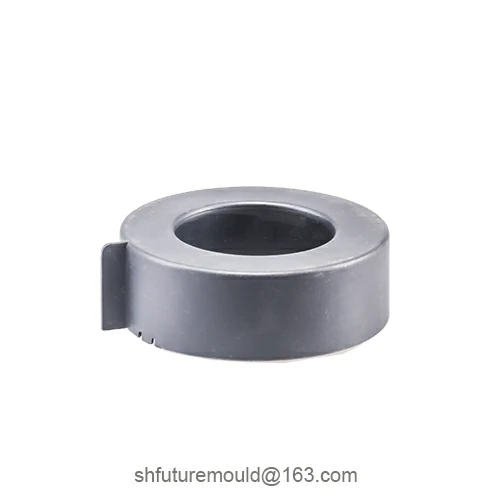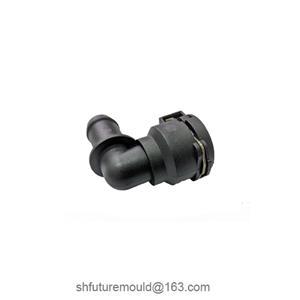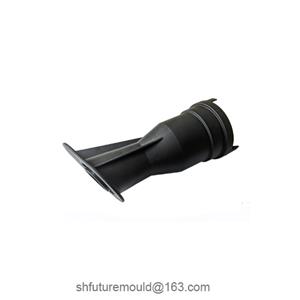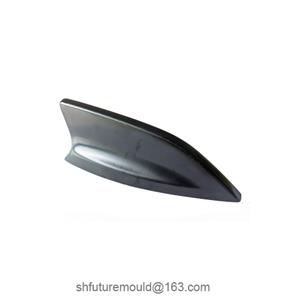Advantages of Using Robotic Arms in Injection Molding
In injection molding, using robotic arms (industrial robots) has become a key approach to improving production efficiency, optimizing quality, and reducing costs.
1. Increased Production Efficiency
Shorter Cycle Times
Robotic arms can quickly and precisely complete actions such as part removal and placement, reducing machine downtime and increasing output.
Continuous Operation
Robotic arms can operate continuously for extended periods, making them ideal for high-volume production without requiring breaks or shift changes.
2. Enhanced Product Quality
Prevention of Product Damage
The smooth and precise actions of robotic arms minimize issues such as deformation, scratches, or drops that might occur with manual handling.
Consistency and Stability
Robotic arms perform uniform actions, ensuring consistent part handling and processing for every batch, thus improving overall product quality.
3. Reduced Reliance on Labor
Lower Labor Intensity
Robotic arms reduce human intervention, eliminating the need for workers to operate in high-temperature, noisy, or hazardous environments.
Addressing Labor Shortages
In situations where skilled workers are scarce, robotic arms can replace human labor for repetitive, high-intensity, or technically demanding tasks.
4. Improved Safety
Reduced Risk of Workplace Injuries
By replacing manual operations, robotic arms prevent workers from directly interacting with hot molds, moving components, or complex mechanical structures.
Isolated Operating Zones
Robotic arms create a physical separation between operating zones and workers, enhancing safety.
- Injection Mold
- Automotive Injection Mold
- Electronics & Electrical Injection Mold
- Consumer Goods Injection Mold
- Airplane Components Injection Mold
- Medical Components Injection Mold
- Irrigation Components Injection Mold
- Injection Molds




